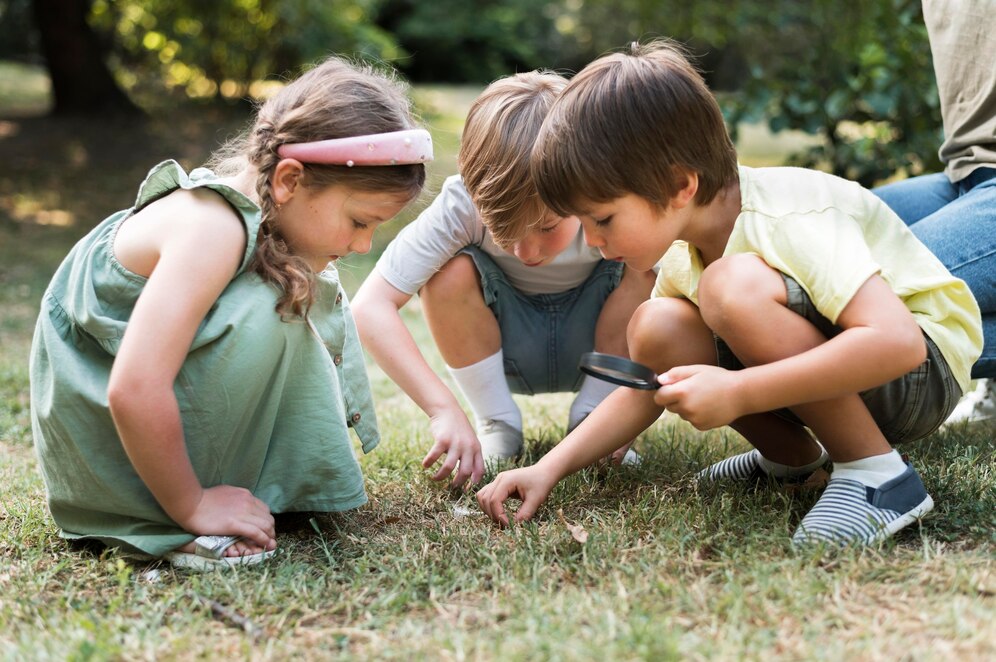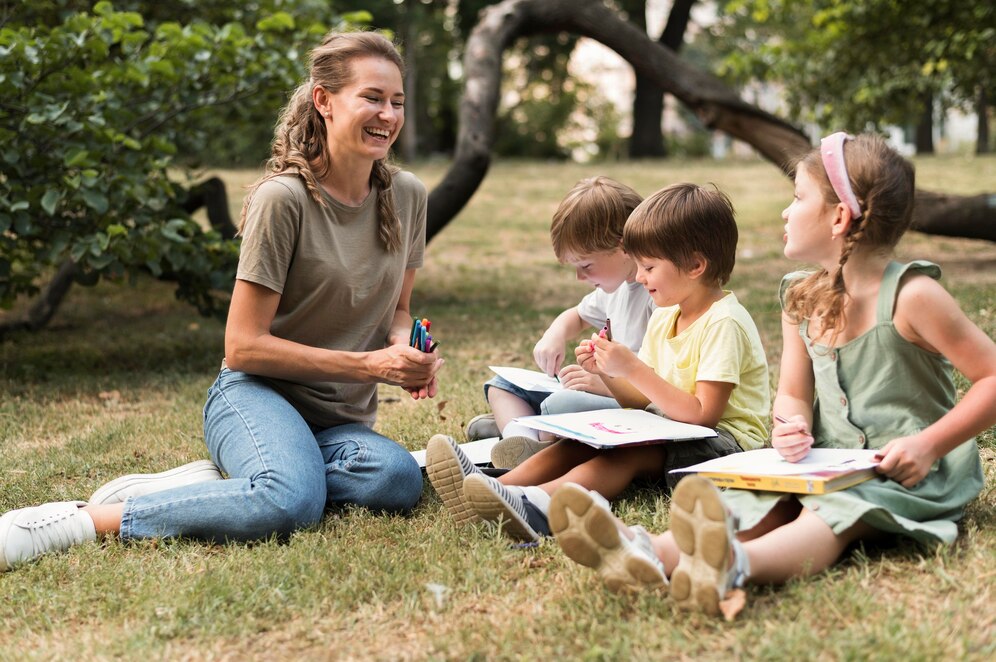By Maria-Nefeli Andredaki,
Are you one of those people who are constantly nagging about children being glued to their phones all day? Or are you a social media-obsessed teenager yourself? Well, the truth of the matter is that phones have indeed become an extension of young people’s hands, and that, of course, has many physical and psychological consequences for them. It is however worth mentioning that most of the time, the people who are blamed for this situation are either the children themselves or their parents. Why is it that no one criticizes the educational system, whose archaic methods of teaching have led to this boredom and inertia? It’s no wonder that so many students turn to technology for excitement and gratification; it is literally right in front of their faces. After a long unfulfilling school day of sitting in one place and memorizing facts, we tend to have just about enough energy to scroll through TikTok.
All of this could be avoided if children were able to combine learning with playing, if they were able to get up from those stupid chairs and stretch their limbs, feel the sun and wind on their faces, and learn valuable information using all of their senses! This is where outdoor teaching comes in handy.
This past month, I have been extremely fortunate to secure an internship at a non-traditional language school. By non-traditional, I mean that the school employs alternative teaching methods to promote language fluency and deter students from retaining useless information.

One of these alternative teaching methods is outdoor teaching, the concept of holding lessons outside of the school building, transferring the classroom to a field, a garden, or even the schoolyard. This change can be beneficial to the students for a number of reasons:
First of all, the students are able to interact with their surroundings, whether that be nature or an urban setting. They can feel the sunlight and the wind, explore spaces that they were previously barred from, and realize that their learning is not limited to the school premises but is a ubiquitous, ever-going process. They are also able to develop skills such as independence, self-assurance, and problem-solving while simultaneously learning to appreciate and respect their environment. Outdoor teaching strengthens relationships among peers and develops cooperation and communication skills since the students get to explore and work together.
Studies also note that outdoor teaching is ideal for neurodivergent students, as well as students with learning difficulties. Being restricted to a chair and required to pay constant attention to one singular thing is destructive for someone who is literally unable to do so, not only for their academic performance but for their mental health too. It is proven that children with ADHD are better learners when outdoors, with their symptoms diminishing greatly and their performance skyrocketing.
From my very own personal experience, I have never before seen students being so in tune with nature and eager to learn. The outdoors -weather permitting- becomes a space of infinite possibilities for learning, growing closer to nature or your urban surroundings, and being in charge of your education. If you are an educator reading this, there is nothing stopping you from grabbing a few picnic blankets and getting the kids outside! Whether it be science experiments, math, or languages, there are a ton of ways to conduct your lesson in this meaningful and rewarding way.
Reference
- Kevin J. Coyle. Back to School: Back Outside! National Wildlife Federation. Virginia. 2010.




